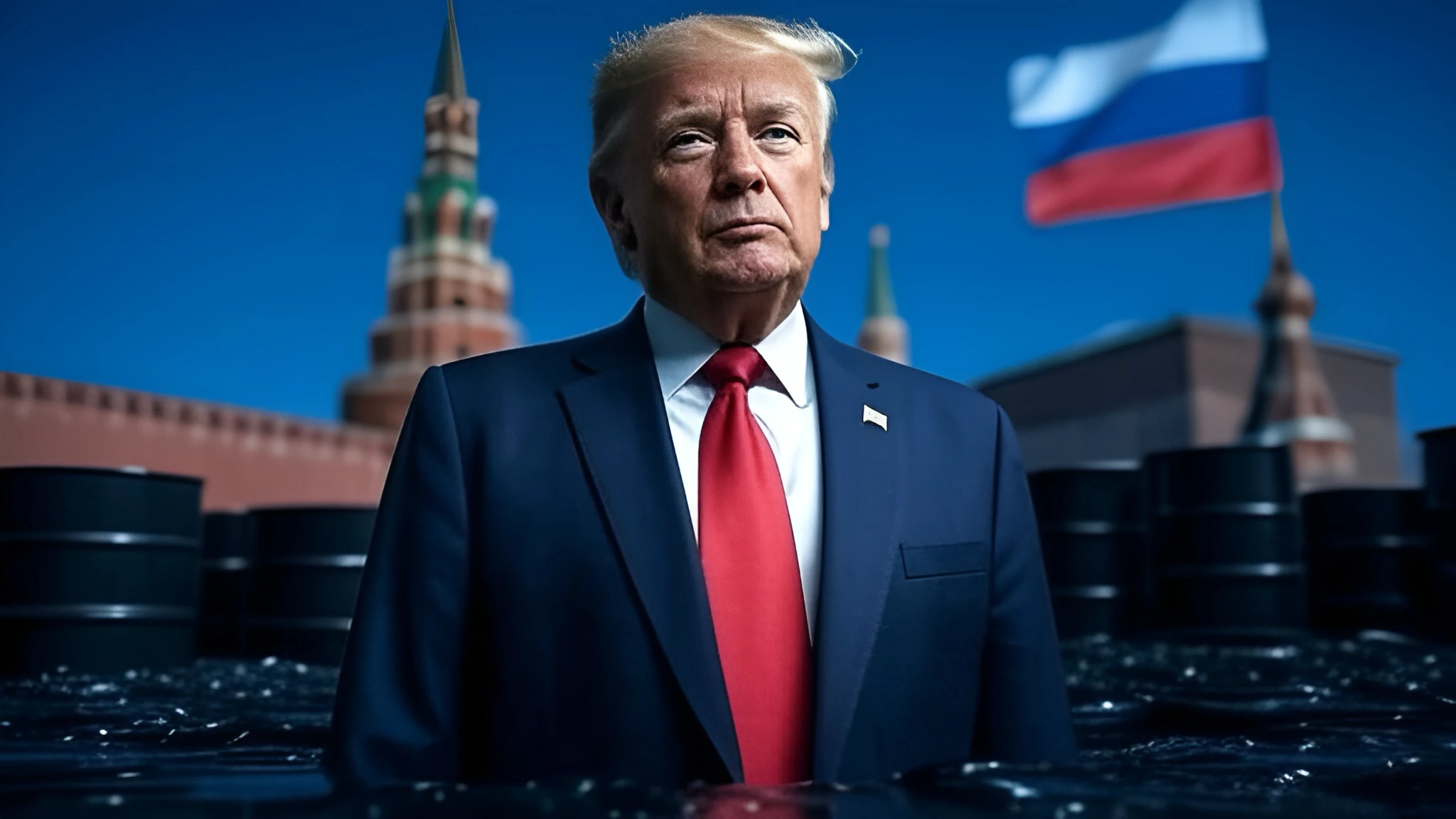Ukraine confirms that the US is now protecting Putin’s oil and energy assets

After more than a year of speculation and quiet signals behind the scenes, Ukraine’s leadership has now publicly confirmed what many observers had long believed: the United States has asked Ukraine to refrain from striking Russian oil and energy targets.
The first official acknowledgment came from President Volodymyr Zelensky, following a large-scale Russian assault involving drones, ballistic missiles, and cruise missiles that targeted Ukraine’s energy grid. After the strike on Kremenchuk, Zelensky stated,
“It happened right after Putin’s conversation with Trump. After the Americans asked us not to strike Russian energy facilities.”
Calling the attack’s timing “a spit in the face” to global diplomacy, Zelensky made clear that while Ukraine’s infrastructure continues to be battered by Russian forces, there are constraints on how Ukraine can respond.
Today, the Russians launched a stone-cold, combined attack on our energy infrastructure. This is a spit in the face of everything the international community is trying to do to stop this war.
— Volodymyr Zelenskyy / Володимир Зеленський (@ZelenskyyUa) June 15, 2025
It happened right after Putin’s conversation with Trump. After the Americans asked us… pic.twitter.com/P4hppqKXH6
This marked the first time Ukraine’s head of state confirmed publicly that Western allies—most notably the U.S.—have drawn clear red lines around striking Russia’s energy sector, despite the sector’s role in funding Moscow’s war efforts.
Not long after Zelensky’s remarks, Ukraine’s First Deputy Prime Minister Yulia Svyrydenko reaffirmed the point, stating,
“Some allies have asked us not to strike Russian energy infrastructure—even as Russia wages all-out war on ours: targeting power plants, oil and gas infrastructure, hydroelectric dams—every form of energy we rely upon.”
These statements provide the most direct evidence yet that Western concerns over global energy prices have influenced Ukrainian strategy. Even as Ukraine’s power grid and fuel supplies come under heavy fire, it appears Kyiv is being asked to hold back in ways that shield Russia’s economic lifeline.
According to Ukrainian sources and open-source intelligence reports, Ukraine paused drone and missile strikes on Russian refineries for about 45 days in the run-up to the 2024 U.S. presidential election. Those operations resumed on election night, hinting at a deliberate political calculation—one aimed at minimizing disruptions in the U.S. domestic environment while continuing what Ukraine views as a critical strategic effort.
For years, analysts have pointed to the West’s concern that sustained attacks on Russia’s oil infrastructure could rattle global fuel markets and send prices soaring. Now that Kyiv has confirmed these restrictions, the tension between maintaining international stability and allowing Ukraine full freedom of military action becomes impossible to ignore.
President Zelensky didn’t shy away from that contradiction, saying the war “would have ended long ago” if the international community had imposed stronger measures, including meaningful sanctions and enforcement of oil price caps. Svyrydenko echoed the sentiment, underscoring that the Russian oil industry underpins not just the current war but likely future acts of aggression as well.
So far, U.S. officials have not responded directly to these new public admissions. But the growing disconnect between Ukraine’s urgent wartime goals and the caution shown by some of its key allies points to a broader dilemma: how to help Ukraine defend itself effectively while managing the global risks of escalation.
From Kyiv’s perspective, the logic is clear. Russia’s war machine runs on oil revenue. If those financial arteries remain off-limits, Ukrainian officials suggest, then Moscow will continue to believe it can strike with impunity—without fear of meaningful economic blowback.
Note to readers: This report is based on verified statements from senior Ukrainian officials and cross-referenced with open-source military intelligence. All quotes have been presented in full and without alteration for transparency and accuracy.



